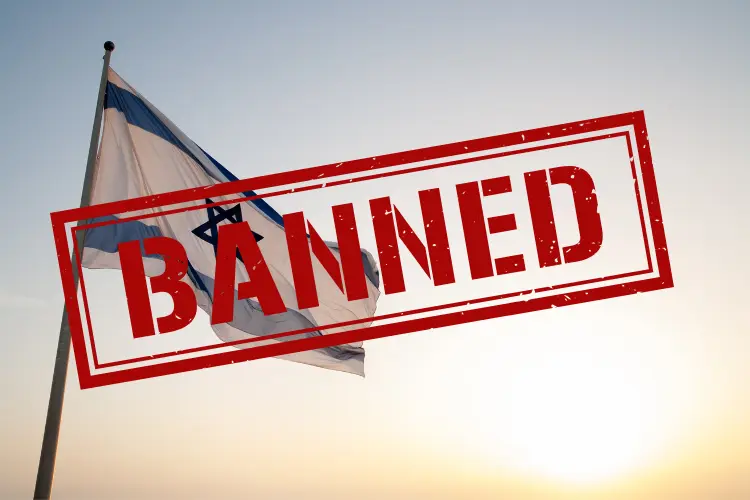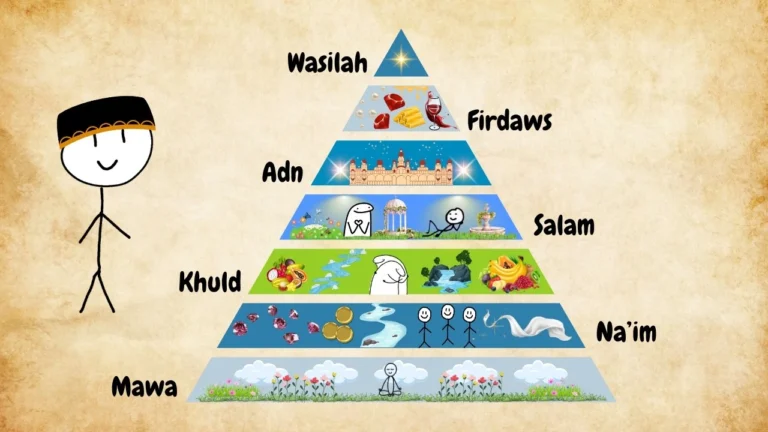Four Sacred Months | Quran 9:2 | Misunderstood Quranic Verses

We are looking at chapter nine, verse two, a misunderstood verse.
It goes like this:
“you [idolaters] may move freely about the land for four months, but you should bear in mind both that you will not escape God, and that God will disgrace those who defy [Him].”
Source: quran 9:1-9:59
So what are the four months that this verse is talking about? Some said it is four months from the date of the declaration, and some said among the four months that occur every year, it’s the month and a half approximately that remain from the time of this declaration. More like 50 days.
Digging into the Details
But let’s get into the details of it. On the face of it, you might think that it just means four months, right, from the date of the declaration.
So by giving you four months, you can travel freely in the land.
But later on in the same surah in the 36th verse, it says:

The Sacred Months
So, which are the sacred months? The sacred months are not named in the Quran, but more generally Muslims know them to be the months of:
- Muharram
- Rajab
- Dhu al-Qadah
- Dhu’l-Hijjah
By number out of the 12: Muharram is first, Rajab seven, Dhu al-Qadah 11, and Dhu’l-Hijjah 12.
So it so happens that three months follow each other in sequence.
So we have the 11th, the 12th, and then the first, and the new year.
And Rajab stands alone. So this one is in isolation.
The Declaration’s Timing
So since this declaration, according to most commentators, was made during the Prophet’s pilgrimage, and some say that, or many say this would’ve been on the 10th day of the month of the pilgrimage.
Read Also: How Does Allah Look Like? (Must Read)
One of the sacred months.
Right, yeah, and that is the day that Muslims observe and they commemorate the sacrifice of Abraham worldwide.
So that would’ve been the 10th day of Dhul-Hijjah, according to (indistinct), it would’ve been the 10th day of Dhu al-Qadah, because in that year, the ninth year of the Hijra, when the hajj was led by Abu Bakr, they did it according to the calendar, the way it was established at the time and which the Prophet Muhammad, peace be upon him, corrected for the following year.
But it so happens that in that year it fell in Dhu al-Qadah.
But okay, leaving that lone opinion aside, mostly they say the 10th of Dhul-Hijjah.
Counting the Months
So counting from the 10th of Dhul-Hijjah, which is the 12th month, then how many of the sacred months remain in that sequence?
It’s only after this we have Muharram, and then we got to Safar and then, you’re outside with the sacred months.
So those commentators who wanna go with this opinion, they will say the 20 days remaining of Dhu’l-Hijjah and the approximately 30 days of Muharram, so you’re looking at maximum 50 days here, after which the polytheists have been forewarned, they will now be open game for the Muslims.
Alternate Opinion
Other commentators say, no, it’s four months from the time of the declaration, so we must count, you know, the month of Dhu’l-Hijjah, remains of it, month of Muharram, and Safar, and Rabi al-Awwal and go into 10 days of Rabi al-Thani.
Right? So that to compensate for the 10 days already missed of the hit. So that would be four months from the date of the declaration, after which of course the, according to them, the polytheists will become fair game.
Read Also: List of Brands Supporting Israel Boycotted by Muslims
A Call for Peace, Not War
But what they’re missing is that the verse is actually not trying to say that war is gonna be the perpetual thing between Muslims and non-Muslims.
The situation should be one of peace. And it’s only if the non-Muslims break that treaty that would establish peace—this is when it all, you know, the violence kicks in again.
I would go for a combination of the two.
A Balanced Interpretation
Okay—why not?
You see, there are four months from the time of this declaration plus the four months recurring every year, because that remains that God is saying that in every year there are four months, and it is respected in Islamic tradition that within these four months we will not initiate any acts of violence.
Yes, if the non-Muslims attack us, then we will be able to retaliate within that period, or at least to defend ourselves. But we will not initiate any conflict within those four months.
I mean, sometimes you have good reasons for initiating a conflict, like to set right a wrong or something like this.
But can it wait?
It’s almost like Jesus being told, “On the Sabbath, you can’t heal the person.”
And he’s asking, “Well, can I not do a good work on the Sabbath?”
And then they’re objecting, “Well, why could you not wait until the Sabbath is over? You can do this good work, but does this have to be done today? Like why today in particular?”
So in Quranic terms, then, yes, even if you have to right a wrong by going to war, you don’t have to initiate the war during the sacred months.
Final Thoughts
So Safiyyah, I would up for both, because, you know, the situation that the Quran envisions is that Muslims will be at peace with everyone else.
And it’s only if the non-Muslims break the treaty, then, of course, the violence kicks in.
I would offer both by saying that, okay, it’s four months from the time of the declaration that these pagans of Mecca have the freedom to move about.
Within those four months, they could seize their hostilities, in which case, you know, that’s what the Quran is saying.
If you repent, then it is better for you.
Or if they don’t want to repent from that, then they have four months within which to seize their hostilities.
Or if they don’t like the fact that Islam is here to stay, they can move away from the land, then leave the Muslims to live in peace.
But if they remain after four months, then, as much as they’re attacking the Muslims, the Muslims will now have the right to attack them.
Peace Within the Sacred Months
But it’s not only these four months, it is gonna be four months in every year, all of the sacred months that we mentioned already.
If there is a need to go into war, the Muslims will not go into war.
I mean they can leave the war for another time, but they will make do with whatever they can during the sacred months.
And then when the sacred months are over, that is when if there is a need for a justified war to be initiated, then it’ll be initiated outside of the four months.
So this way combines the best of both worlds.





